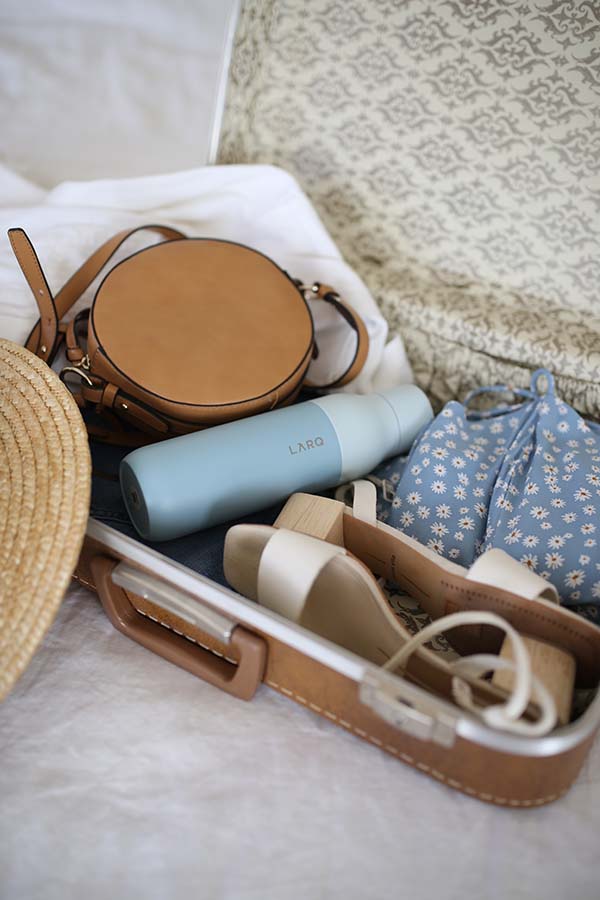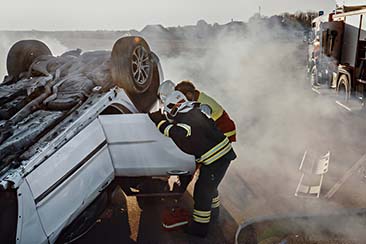Travelling can be one of the most exciting and rewarding things that you can do for yourself, and you will create wonderful experiences for yourself; however, it’s not usually without any challenges along the way. This article will share how you can keep your stress to a minimum so you can focus your time and energy on enjoying yourself on your trip instead.

Photo, Elaine Tu.
1. Plan Ahead And Be Early: One of the essential ways to keep your trip stress-free actually happens before you depart, and that’s the entire planning process. This generally means budgeting appropriately for your trip and packing all of the other belongings that you’ll need, but it also includes your transportation as well. Arriving early at your bus stop, train station, or airport terminal can help you ensure that you’re on-time and don’t miss anything by being late.
Additionally, your planning should also include what happens after you arrive at your destination. It’s good to have some additional transportation ready and a place to stay, such as a hotel reservation, already booked, or at the very least know how to contact these things you can don’t have to worry about scrambling to get situated in a new environment.
2. Eat And Sleep Right: Taking care of your body is often underrated when it comes to improving your state of mind during your trip; however, your mind and body are connected, and therefore, it’s important that you get enough rest and adequate nutrition. Even before you head off, it’s a good idea to have a satisfying meal at home, so you don’t have to buy food later or depend on the food that is served on flights.
Getting enough sleep before the trip can be ideal for some people, but others prefer to try to pass the time and rest while they are in transit instead, especially if they are moving overnight and will arrive in the morning. The timing of everything will depend on your situation, but keeping yourself as physically healthy as possible during the entire trip will significantly improve your mental health, especially when it comes to your mood and alertness.

Photo, Irham Bahtiar.
3. Learn How To Relax: Although there are things you can do to prevent stress, like the tips mentioned earlier, some things might be unexpected or even unavoidable. For example, you might get sidetracked or lost in a foreign country and be frustrated because you are unable to communicate effectively due to not knowing the local language. Or perhaps, you might have some disagreements with those who are travelling with, like your friends and family. Who knows they might be trying to help you feel better, but don’t have the skills to do so and you can find out why here:
https://www.betterhelp.com/advice/therapy/a-friend-is-not-a-family-therapist/
None of these are easy positions to be in, but stressing doesn’t make it any better. You have to learn how to stay calm in case you start feeling overwhelmed at any point in your trip. Therefore, learning how to breathe and relax your muscles can help you find relief from stress and produce a calming effect, which can then clear your mind and make you better equipped to tackle the challenges you might run into while travelling.
Conclusion: Going on vacation and travelling should be fun and exciting, and hopefully, this article shows you how you can make sure you have a good time by decreasing the odds that stressors come up. Even if they do, though, you can become more prepared for issues if or when they arrive and have a better perspective when it’s time to return and solve problems in the future in your daily life.
Marie Miguel has been a writing and research expert for nearly a decade, covering a variety of health- related topics. Currently, she is contributing to the expansion and growth of a free online mental health resource with BetterHelp.com. With an interest and dedication to addressing stigmas associated with mental health, she continues to specifically target subjects related to anxiety and depression.








